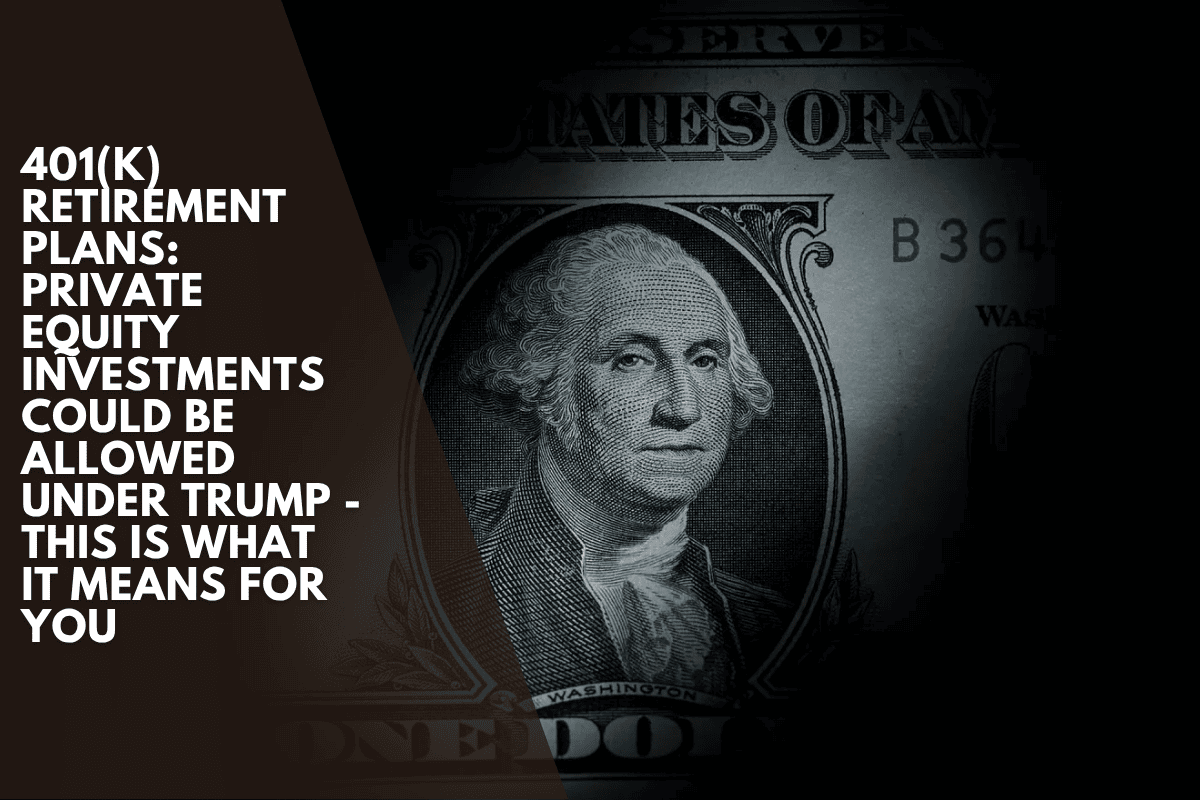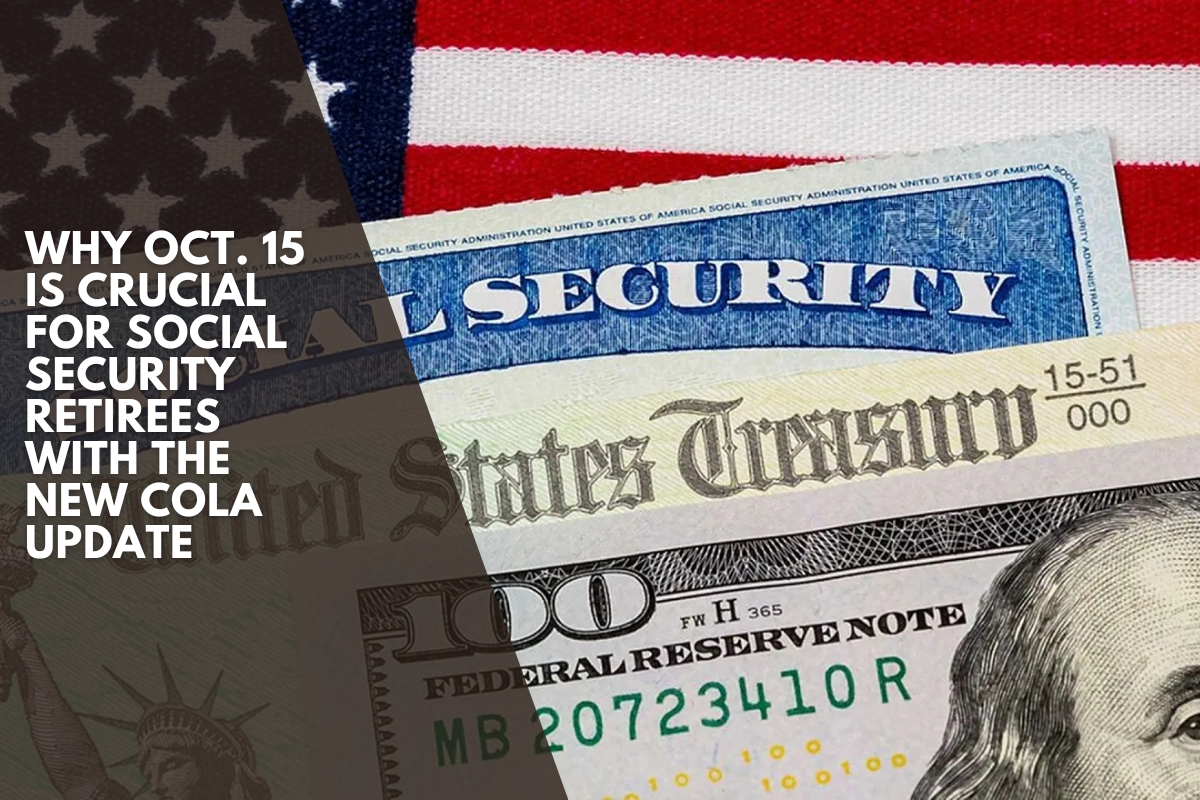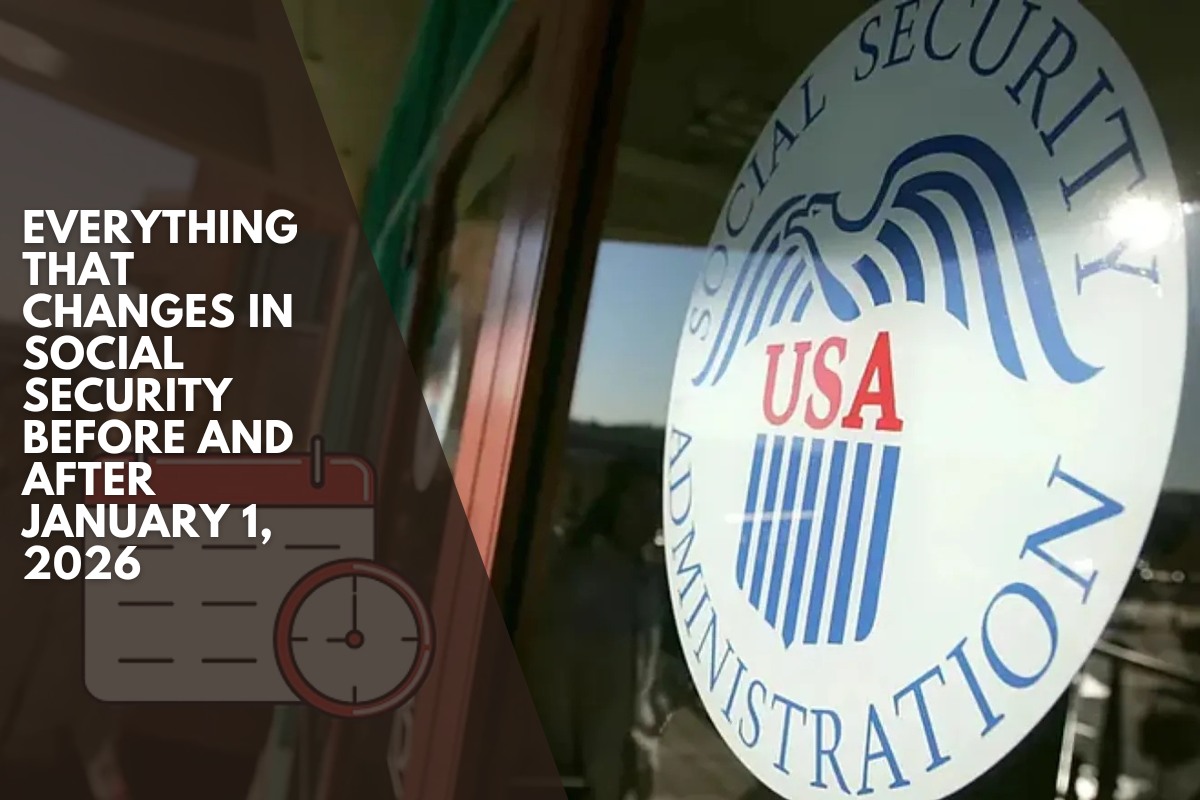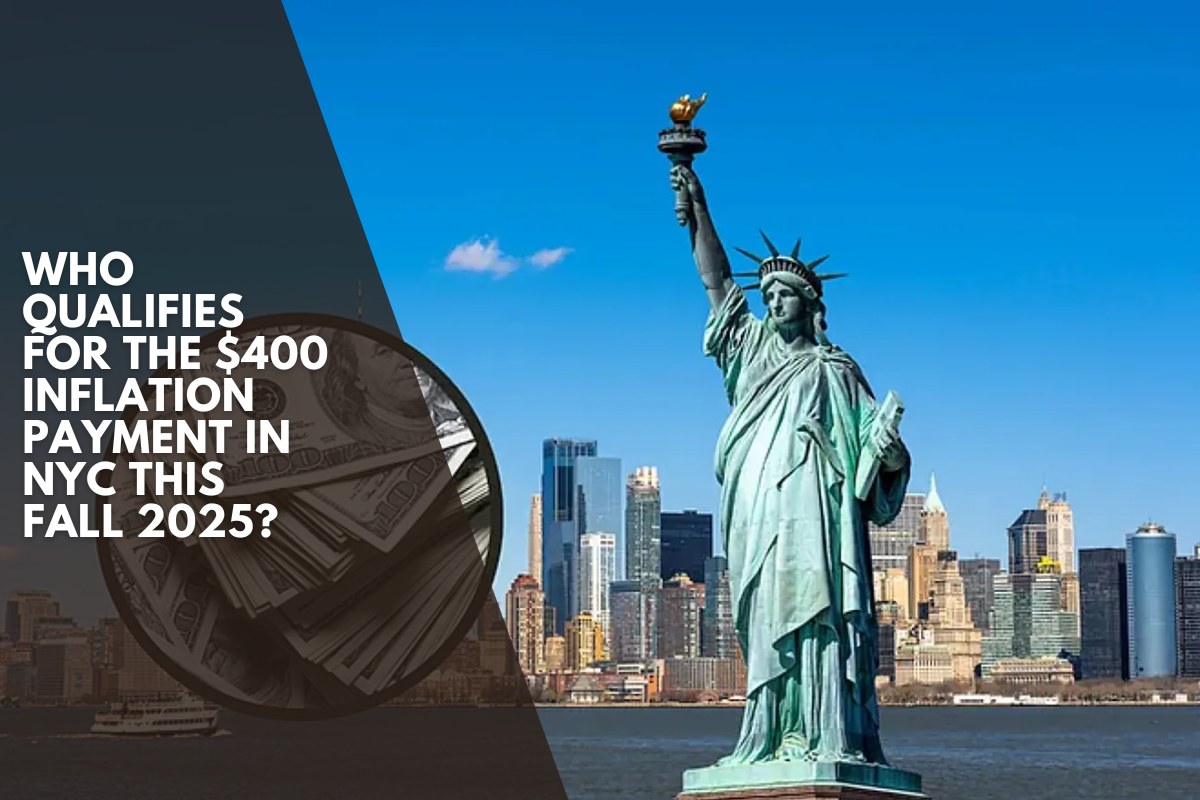The Trump administration is preparing to make a significant change that could reshape how Americans invest for retirement–and it’s generating a lot of interest in both political and financial circles.
According to The Wall Street Journal, the former president is expected to issue an executive order allowing 401(k) plans to invest in private equity. The move could shift some of the $12.5 trillion currently held in these retirement accounts into riskier, but potentially higher-yielding, investment vehicles.
Private equity firms have been anticipating this shift for years. Unlike traditional mutual funds or index-based portfolios, private equity typically invests in non-public companies, which can result in higher returns but also come with higher fees, less transparency, and longer lock-up periods. That’s why most 401(k) plans have steered clear until now.
A Bold Change in Retirement Strategy
If this directive is passed, it will be the most aggressive push yet to incorporate alternative investments into traditional retirement plans. It would expand on guidance issued during Trump’s first term, which the Biden administration later scaled back.
Supporters of the change argue that retirement savers deserve more options. Since the 1990s, the number of publicly traded U.S. companies has been cut nearly in half, leaving many investment opportunities in the private market.
Advocates argue that it is unfair to prevent regular workers from accessing these opportunities when institutions such as pension funds and university endowments already do.
According to Bryan Corbett, president of the Managed Funds Association, “Expanding access to alternative investments in 401(k)s will give more Americans the tools they need to build long-term wealth.”
Still, not everyone is convinced. Consumer groups and financial watchdogs are concerned that private equity’s high fees and complexity will eat into workers’ savings.
Morningstar data show that management and performance fees in private equity can be significantly higher than those in traditional funds, raising concerns about transparency and risk.
And for plan administrators, the legal stakes are real. If a private equity investment flops or fees prove excessive, lawsuits from disgruntled employees aren’t out of the question.
Whether this order goes through or not, one thing is clear: the fight over how Americans save-and who gets to profit from it-is just heating up.












